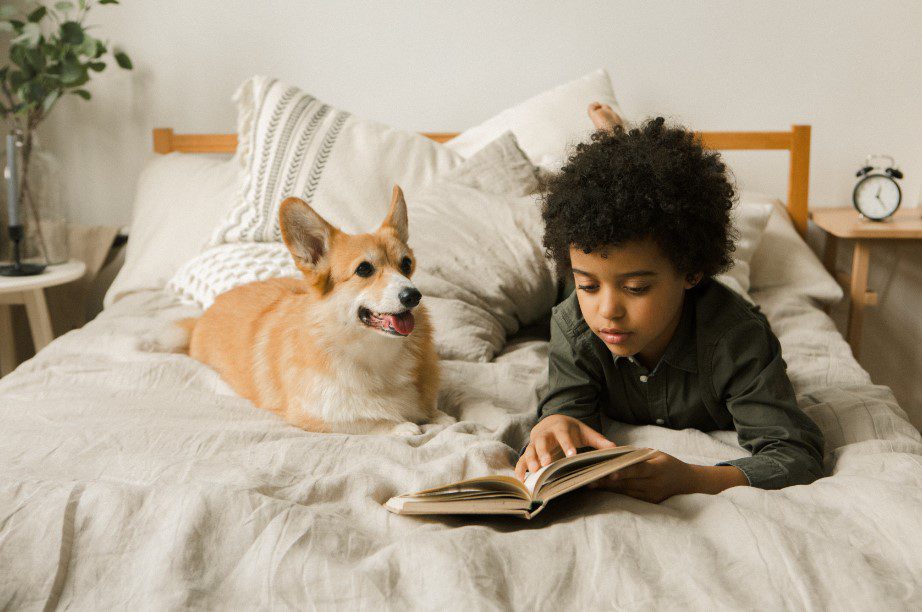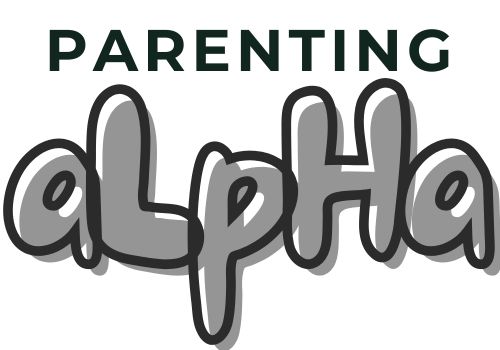Effective parenting begins with recognizing and appreciating the diversity of child personalities. Some children blossom in social environments, energized by group activities, while others find joy in quiet independence and self-reliance. If your child displays what seems like introverted tendencies, they may have what is known as “lone wolf” personality.
A child with a lone wolf personality is not necessarily shy or struggling—they may simply prefer introspection and independence over the hustle and bustle of group dynamics. Recognizing these traits early allows you to nurture their strengths while gently helping them navigate the social aspects of life.
This article will help you identify if your child fits this personality type and provide practical tips to support them in their journey.
Exactly What Is a Lone Wolf Personality?
A lone wolf personality refers to someone who tends to be independent, self-reliant, and often prefers solitude over social interaction. While they are not necessarily antisocial, lone wolves typically feel more comfortable and energized when working or spending time alone rather than in group settings.
Much like a lone wolf in the wild, Confident Individualists are born of a social species, yet are much more self-sufficient than most of their kind. These types value their independence in ways that can be difficult for other personality types to fully understand – or accept.
16 Personalities
It is important to remember that a lone wolf personality is not a flaw—it is simply a different way of experiencing the world. They thrive when given the freedom to pursue their passions or tasks in their own way while maintaining meaningful, if limited, relationships.
Signs Your Child May Have a Lone Wolf Personality

If you’re wondering whether your Alpha child might have this personality type, here are some key indicators to look for:
1. Prefers Solitude
- Your child often chooses solo activities, like reading, drawing, or building with blocks, over group games or playdates.
- They seem content spending time alone and rarely complain about boredom.
2. Selective Social Interactions
- They have a small circle of friends or perhaps just one close companion, rather than being part of a large group.
- They may avoid large social gatherings or group activities, finding them overwhelming or unappealing.
3. Highly Independent
- They prefer to solve problems on their own and rarely ask for help, even when they’re struggling.
- They show a strong sense of self-reliance and often resist instructions or interference.
4. Deep Thinkers
- Your child often seems lost in thought, daydreaming or reflecting on their own ideas.
- They may show advanced levels of introspection or creativity for their age.
5. Discomfort in Crowds
- They may feel anxious, withdrawn, or even irritable in noisy, crowded, or overly social environments.
- They might avoid group activities, like sports or parties, unless they feel fully comfortable.
How to Support a Lone Wolf Child

If you’ve noticed these signs in your child, it’s important to embrace their individuality and support their needs. Here are some tips to nurture their personality:
1. Respect Their Need for Solitude
- Give them space to retreat and recharge when they need it. A quiet, comfortable place at home can help them feel secure.
- Avoid pushing them into social situations they’re uncomfortable with; let them engage on their own terms.
2. Encourage Their Passions
- Lone wolf kids often develop deep interests in specific areas. Encourage them to pursue these hobbies or activities, whether it’s writing, art, coding, or nature exploration.
- Support their focus and creativity without pressuring them to share their work unless they’re ready.
3. Encourage Social Skills Without Forcing Them
- Help them build social skills gradually by introducing small, low-pressure interactions with trusted peers or family members.
- Teach them how to set boundaries, communicate effectively, and handle group situations while still respecting their introverted nature.
4. Show Unconditional Support
- Celebrate their independence and self-reliance without labeling them as “shy” or “antisocial.”
- Reassure them that their personality is valid and valued, and that it’s okay to be different from others.
5. Be Patient with Their Growth
- Lone wolf children may take longer to open up or adapt to new social environments. Be patient as they learn to balance their independence with teamwork and collaboration.
When to Seek Help

While a lone wolf personality is perfectly normal, there are times when excessive withdrawal or solitude may indicate deeper issues, such as anxiety or depression. Consider seeking professional help if you notice:
- Persistent sadness or irritability.
- Extreme avoidance of all social situations, including those they previously enjoyed.
- Difficulty functioning in school or at home.
Final Thoughts
Every child is unique, and understanding their personality is key to helping them thrive. If your child has a lone wolf personality, they bring special strengths to the table—independence, creativity, and self-reliance.
By providing them with the right environment and support, you can help them grow into confident, self-assured individuals.
Remember, parenting is not about changing your child to fit the world but about equipping them to navigate it in a way that honors who they truly are.





Leave a Reply